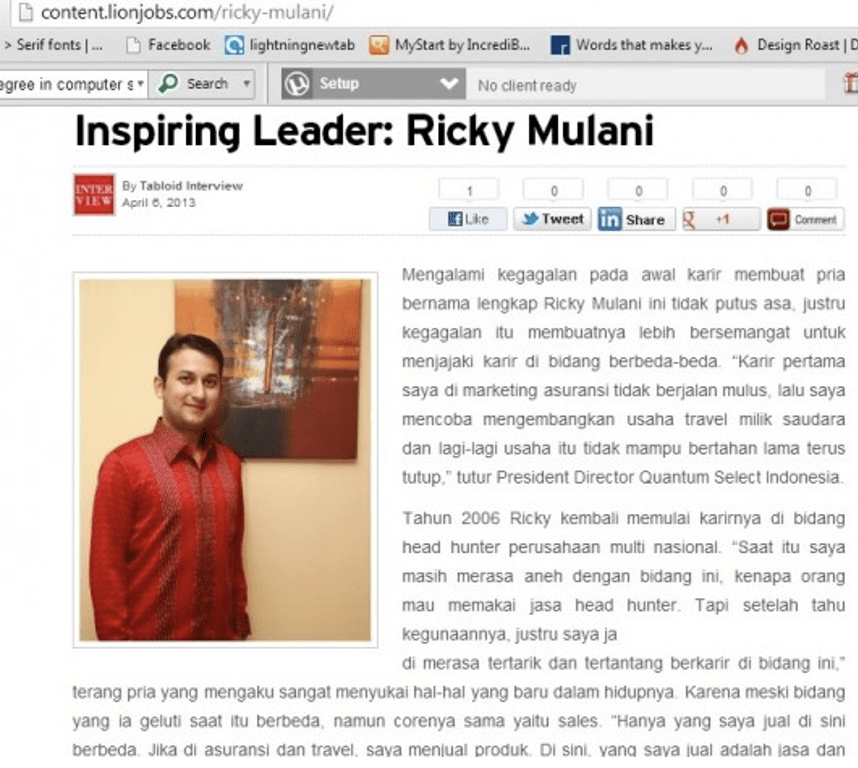
Adapting to the Gig Economy: Flexible Recruitment Strategies in 2024
In the ever-evolving landscape of the workforce, the gig economy continues to redefine traditional employment structures. As we step into 2024, recruiters are faced with the challenge of adapting to this dynamic environment. This article explores the crucial role of flexibility in recruitment strategies, offering insights and actionable approaches to navigate the gig economy effectively.
1. Understanding the Gig Economy Landscape: Begin by delving into the current state of the gig economy in 2024. Highlight key statistics, trends, and industries where freelancers, independent contractors, and part-time workers are thriving. Recognize the diverse talents and skill sets present in the gig workforce.
2. Embracing Agility in Recruitment: Explore the concept of flexibility in recruitment processes. Discuss how HR professionals can incorporate agile methodologies to swiftly adapt to changing requirements and engage with a fluid talent pool. Emphasize the need for responsive and scalable hiring strategies.
3. Leveraging Technology for Dynamic Talent Acquisition: Incorporate a section on the latest recruitment technologies shaping 2024. Discuss AI-driven tools, applicant tracking systems, and virtual hiring platforms that facilitate quick and efficient candidate assessments. Illustrate how these technologies can streamline the recruitment process for gig workers.
4. Customizing Job Descriptions for Freelancers: Detail the importance of crafting job descriptions that resonate with freelancers. Highlight the need for clarity in project scopes, deliverables, and timelines. Provide tips on communicating expectations effectively to attract and retain top-tier gig talent.
5. Building a Freelancer-Friendly Employer Brand: Explore the significance of an employer brand that appeals to gig workers. Discuss how showcasing a commitment to work-life balance, project diversity, and professional growth opportunities can attract high-caliber freelancers. Feature success stories of companies that have successfully embraced a freelancer-friendly culture.
6. Agile Interviewing Techniques: Examine innovative interviewing approaches suitable for gig workers. Discuss the benefits of asynchronous video interviews, skills assessments, and virtual collaboration sessions. Showcase examples of companies that have adapted their interview processes to fit the dynamic nature of the gig economy.
7. Creating a Flexible Work Environment: Explore strategies for fostering a flexible work environment that accommodates gig workers. Discuss remote work policies, project-based collaborations, and tools that facilitate seamless communication among virtual teams. Highlight companies that have successfully embraced flexibility in their work structures.
As we navigate the gig economy in 2024, the ability to adapt and remain agile in recruitment strategies is paramount. This article serves as a guide for HR professionals, offering valuable insights into the evolving world of freelancing and how flexible recruitment strategies can lead to successful talent acquisition in the gig economy. Embrace the changes, leverage technology, and build a workplace culture that attracts and retains the best in the business.




